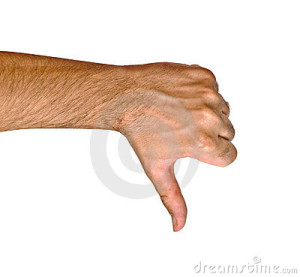Types of Grievers - Part 4
Let's face it: everyone has an opinion, not just about other things but about our own behavior. Imagine feeling you're not allowed to grieve honestly. It happens more often than you think, in this fourth and final look at types of grievers.
“You need to be strong for...”
“You need to be strong for...”
“You need to move on.”
“Why haven’t you cried?”
We all grieve in our own way. But the fourth and final type of griever described here is the type no one wants to be. This griever can’t or won’t express their grief the way that feels most natural to them.
Generally speaking, in our culture, men are expected to be the strong ones when dealing with grief, and women are expected to willingly express their feelings.
Men may feel that any expression of emotion is not “masculine” and should be suppressed.
Women may feel that there’s something wrong with them because they’re not crying.
Men may feel they should limit their physical contact with others to stiff hugs and formal handshakes.
Women may resist the efforts of well-meaning friends and families to ‘let it out’.
Men may want desperately to talk about the person who has died.
Women may wonder why they feel relieved instead of sad.
Disapproval from friends, family, bosses and even strangers, can stifle our natural reactions to grief.
Our cultural and ethnic heritage, as well as the society we live in, can also contribute to the pressure that we need to grieve in a way that makes others feel more comfortable.
How do you grieve? Does it depend on the particular loss, or do you recognize that you handle grief in a certain way?
However you process grief, remember: everyone does it differently, and no one person’s way is the only way. No one should be bullied into grieving in a way that others dictate.
It may not be the way you grieve. But it’s just the right way for them.


